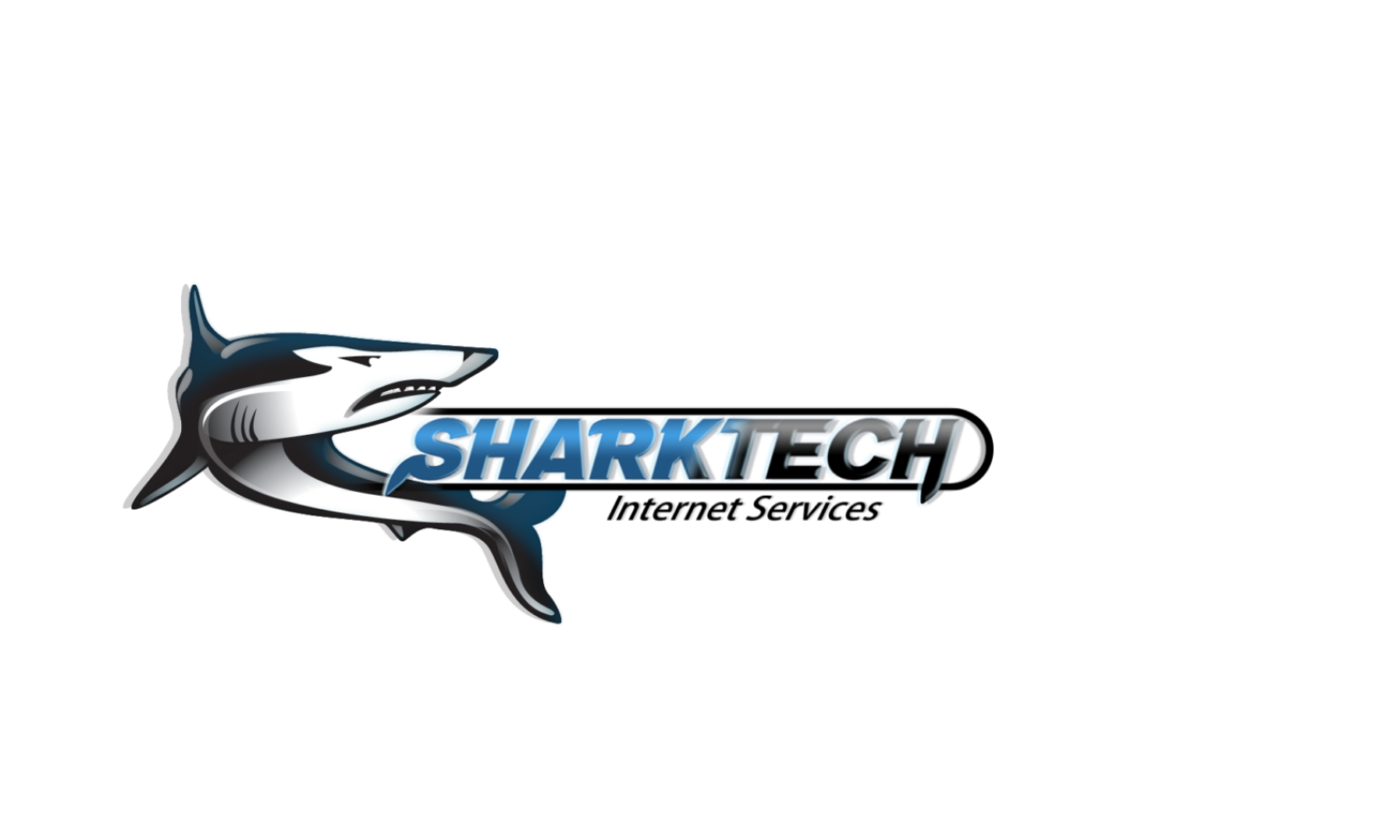i2Coalition Member Spotlight: Sharktech
In this member spotlight, Sharktech’s CEO talks about how the company came up with DDoS protection, how consumers want choice rather than lock-in, what it means to join the i2Coalition, and more.
Sharktech designs, develops, and supports advanced DDoS protection and web technologies from its headquarters in Las Vegas, as well as data center facilities in Los Angeles, Denver, Chicago, and Amsterdam. It is also one of the newest members of the Internet Infrastructure Coalition (“i2Coalition”).
Sharktech started in 2003 when Distributed Denial of Service (DDoS) attacks were just a few clicks away and few companies were able to stop them – especially not small businesses.
In a conversation with the i2Coalition, Sharktech Internet Services CEO and DDoS protection pioneer Tim Timrawi explained how assisting small businesses who were really hit hard by DDoS attacks was the impetus behind how and why he built his company the way he did.
“I started Sharktech because at that time DDoS attacks were rampant and no one in the market was providing a viable solution for small businesses,” Timrawi said. “We were approached to help address a denial of service attack and were given resources to develop a solution, we then adapted this solution as a service to help others since the market really provided no viable options. Since then, basically, we’ve been the hosting provider that provided DDoS protection to small businesses.”
Being the host known to provide heavy-duty security meant ramping up their technology and being several steps ahead, he said. “DDoS protection requires us to invest heavily in our network infrastructure. Because we need buffer areas where we are able to withstand some of the attacks until our reactive systems take over. So that means we are constantly investing in top of the line technology in switching and routing systems to get the job done.”
The network security market started changing in early 2010 as more competition entered the market including white label solutions. Sharktech retooled its network infrastructure focusing more on quality network services while continuing to innovate on our proprietary DDOS protection systems while providing hosting services to our customers.
“When all of the changes in the industry started happening, we took advantage of our experience, and knowledge, so we expanded our solutions options. We leveraged our over a decade of network and systems experience and know-how to provide customized solutions building and designing systems that fit business case requirements. We began helping companies acting more on a level of their network and systems admins. We’re basically a company that does its best to help small companies succeed.”
A new challenge is arising where technology providers are both enabling their users to do more, but also taking some of their users’ power away and thereby locking them into proprietary solutions.
“What we’re seeing here is we’re starting to see a lot of businesses that are actually seeing the cost way exceed the benefit when they become completely dependent on platforms that have almost put them in a choke hold,” he said. “There’s a big problem there, and the cost of it is starting to reach the point where it’s outweighing it’s value”
Being a neutral provider of hosting services is deep in Sharktech’s DNA even as it adds new à la carte services like the cloud virtualization and content delivery. “We’re providing that neutral foundation, and we do not want to hold our customers hostage.”
In joining with other Internet infrastructure providers in the i2Coalition, Sharktech will be helping keep the Internet open as an engine for growth and innovation.
As new legislation and predatory businesses threaten to limit the efficacy of the Internet, Timrawi stands up for the principles by which he began Sharktech.
Timrawi draws upon a useful historical precedent to show that innovation and choice will lead to better outcomes if fair competition is allowed to flourish: “Microsoft was built around the idea that IBM wanted to build on their own hardware and put on their own operating system on the hardware and get the customer beholden to theirs. And that’s when Bill Gates came over and said “No”. That gave us the openness that we have experienced for a long time. And now we see a return towards the proprietary infrastructure that proprietary developments that I think we need to step up and fight against.”

